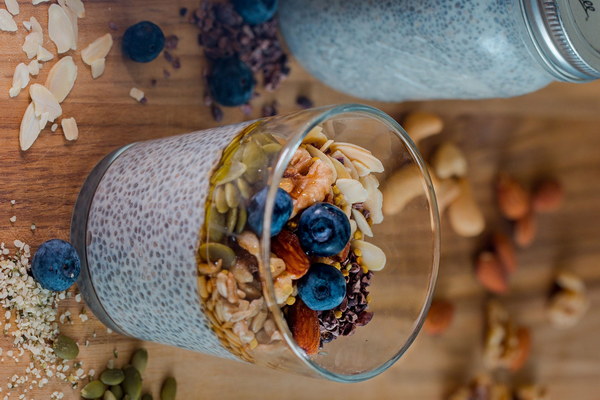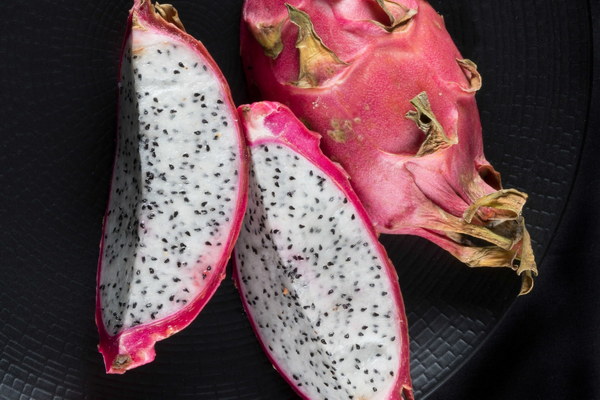Nourish Your Skin and Body A Comprehensive Guide to Tackling Dryness
Introduction:
Dry skin and body can be a source of discomfort and frustration. As the seasons change, it's common to experience dryness, leading to flaky, itchy, and rough skin. However, with proper care and attention, you can effectively tackle dryness and restore your skin and body to their natural, healthy state. In this article, we'll explore various strategies to help you achieve a balanced and hydrated complexion.

1. Hydration is Key:
The first step in addressing dry skin and body is to ensure you're adequately hydrated. Drinking plenty of water throughout the day helps maintain your skin's moisture levels. Aim for at least 8 glasses of water daily, and consider adding hydrating beverages like herbal teas or coconut water to your routine.
2. Use Gentle Cleansers:
Harsh cleansers can strip your skin of its natural oils, exacerbating dryness. Opt for gentle, fragrance-free cleansers that won't over-dry your skin. Look for ingredients like glycerin, hyaluronic acid, or ceramides, which help to retain moisture and protect your skin barrier.
3. Incorporate Moisturizers:
Moisturizers are essential for maintaining hydration and preventing dryness. Choose a moisturizer suitable for your skin type, such as a cream for dry skin or a gel for oily or combination skin. Apply it immediately after cleansing to lock in moisture. Don't forget to moisturize your body as well, focusing on areas prone to dryness like elbows, knees, and feet.
4. Exfoliate Regularly:
Exfoliation helps remove dead skin cells, revealing smoother, healthier skin. However, over-exfoliation can strip your skin of its natural oils, leading to increased dryness. Use a gentle exfoliant containing ingredients like alpha-hydroxy acids (AHAs) or beta-hydroxy acids (BHAs) once or twice a week. Be sure to follow up with a moisturizer to replenish lost hydration.
5. Use Humidifiers:
Humidifiers can help increase the moisture in the air, especially during the dry winter months. This can help prevent your skin from becoming excessively dry, as it's less likely to lose moisture in a humid environment. Place a humidifier in your bedroom or office to maintain a comfortable level of humidity.
6. Protect Your Skin:
Exposure to harsh weather conditions can exacerbate dry skin. Protect your skin by wearing appropriate clothing and accessories, such as scarves, gloves, and hats. Additionally, apply a broad-spectrum sunscreen with an SPF of 30 or higher to shield your skin from harmful UV rays.
7. Incorporate Oils and Serums:
Oils and serums can provide an extra layer of hydration and nourishment to your skin. Look for ingredients like argan oil, jojoba oil, or shea butter, which are rich in vitamins and antioxidants. Apply these products after moisturizing to seal in moisture and provide additional benefits.
8. Maintain a Balanced Diet:
A healthy diet can contribute to your skin's overall health. Incorporate foods rich in omega-3 fatty acids, vitamins E and C, and antioxidants. Foods like fatty fish, nuts, seeds, fruits, and vegetables can help maintain your skin's hydration and elasticity.
Conclusion:
Dry skin and body can be a challenge, but with the right strategies, you can effectively tackle this issue. By focusing on hydration, gentle skincare, exfoliation, and protecting your skin from external factors, you can achieve a balanced and hydrated complexion. Remember, consistency is key, so make these practices a part of your daily routine for lasting results.









